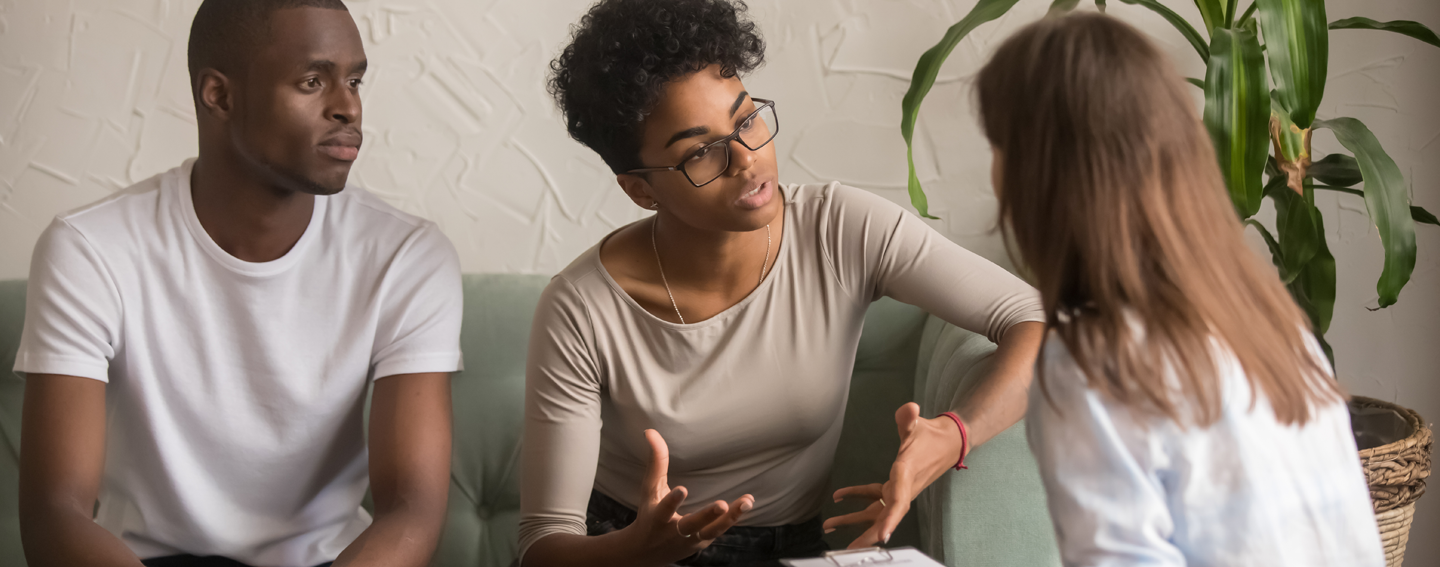Couple counselling gives both partners an opportunity to be heard. Sometimes in a relationship scenario a seemingly small issue occurs but is disregarded. The daily functioning of a family or relationship can often leave these unaddressed issues conveniently swept under a carpet.
Then suddenly the carpet is ripped away and both couples face each other with a bucket load of little things.
Each partner mystified by the other, wonders, how things got this way.
Counselling with both couples in the room can be helpful to have a non-judgemental neutral person to sit with the couple to discover solutions, unpack issues, openly reveal assumptions that each person may have harboured and work alongside a couple to discover their connection and purpose.
Couples are an integral bedrock of society. They begin families and build communities. It is an honour for me to be able to help strengthen relationship bonds.
At the same time, I equally sit with couples with their choice of what are the right steps forward in the relationship for them. Some relationships whilst at one time may have been flourishing and purposeful can sometimes for many or no reason begin to drift apart. I am happy to work with couples and their goals.
In addition, this practice actively endeavours to respect and honour couples spiritual, religious, beliefs and practices. I try to create a space that encourages the sharing of cultural and religious traditions if those aspects play a vital role for the couple’s relationship.
What do you do if your partner does not want to participate in counselling?
Every counselling session can add value to your life experience if one person in a relationship gains skills or has an opportunity to reflect about their issues there can always be a positive impact on both an individual and in turn all their relationships.
What about domestic and family violence?
Violence and abuse is never acceptable in any community, family, institution, place or context.
Domestic and family violence refers to behaviour that may occur in current or former intimate partner relationships or family relationships or from extended family members or kinship groups.
It can be perpetrated by a partner, spouse, family member, carer, house mate, boyfriend, or girlfriend.
Domestic and family violence is behaviour, which is threatening, abusive, violent, coercive, or controlling; causing a person to live in fear and to be made to do things against their will.
These behaviours may include emotional or psychological abuse, physical violence, sexualised violence, economic abuse, technology facilitated abuse, spiritual or religious abuse, reproductive coercion or abuse and stalking and intimidation.
(2021 Insight Exchange | What is domestic and family violence? (2nd edition) Page 1 https://www.insightexchange.net
A counsellor’s role in helping anyone who may find themselves in these circumstances is to offer a safe place to talk about their situation, to listen to aid with resources and if need be, help refer them on to services who may offer specialised assistance.


